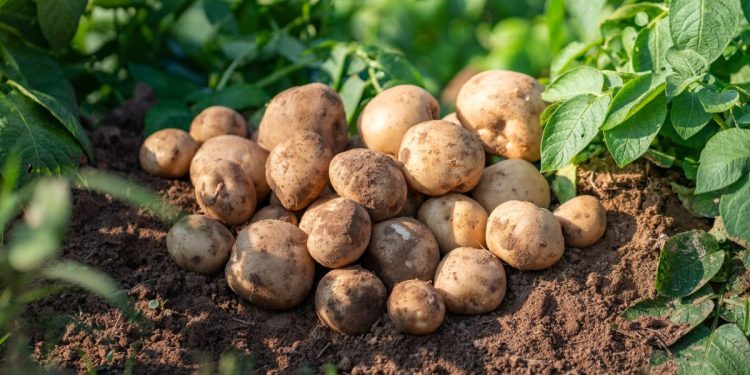#climatechange #potatofarming #agriculture #Kenya #droughtresistant #sustainablefarming
This article delves into the impact of climate change on potato production. It provides an overview of the latest data and statistics, highlighting the challenges faced by farmers, agronomists, and agricultural engineers in the sector. It aims to educate and raise awareness among farm owners and scientists working in agriculture.
According to the latest data released by the Kenyan Ministry of Agriculture, Livestock, and Fisheries, the production of potatoes has been declining over the past few years. Climate change is identified as the primary cause of this drop in production. Kenya is currently experiencing erratic rainfall patterns, higher temperatures, and prolonged droughts, all of which have a significant impact on potato farming.
Potatoes are a significant source of food and income for many farmers in Kenya. The decrease in production has led to higher prices for consumers, which ultimately affects the economy. The government has recognized the need to address this issue and is taking steps to mitigate the impact of climate change on potato farming.
Scientists and agricultural experts have been working on developing new varieties of potatoes that can withstand the harsh weather conditions brought about by climate change. These new varieties are drought-resistant, require less water, and can tolerate higher temperatures. They also have a higher yield potential and are disease-resistant, which will lead to reduced use of pesticides.
In conclusion, climate change is a significant threat to potato production in Kenya. The government, scientists, and farmers must work together to develop strategies that can mitigate the impact of climate change on potato farming. By adopting new varieties of potatoes and using sustainable farming practices, we can ensure that potato production remains a viable source of food and income for future generations.







